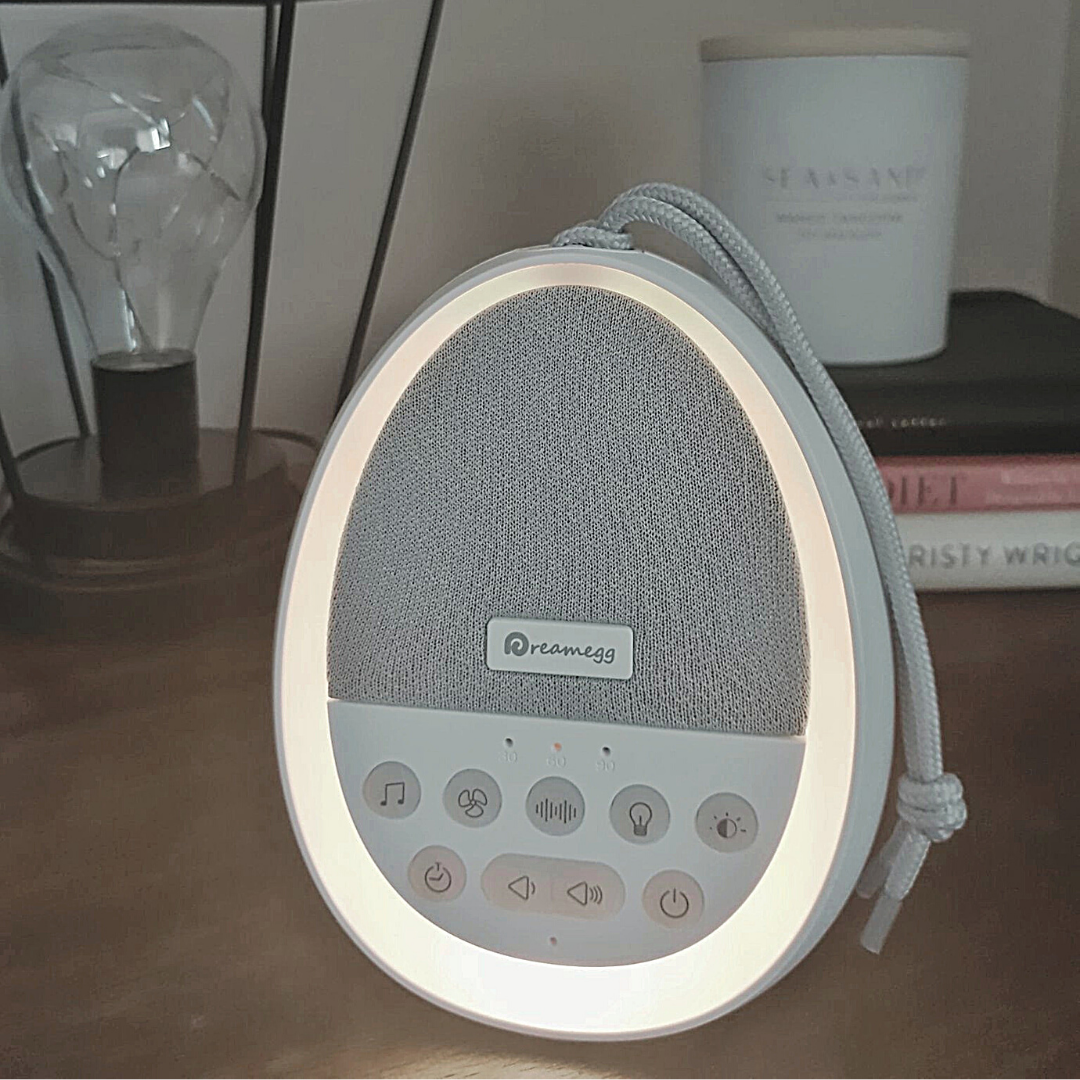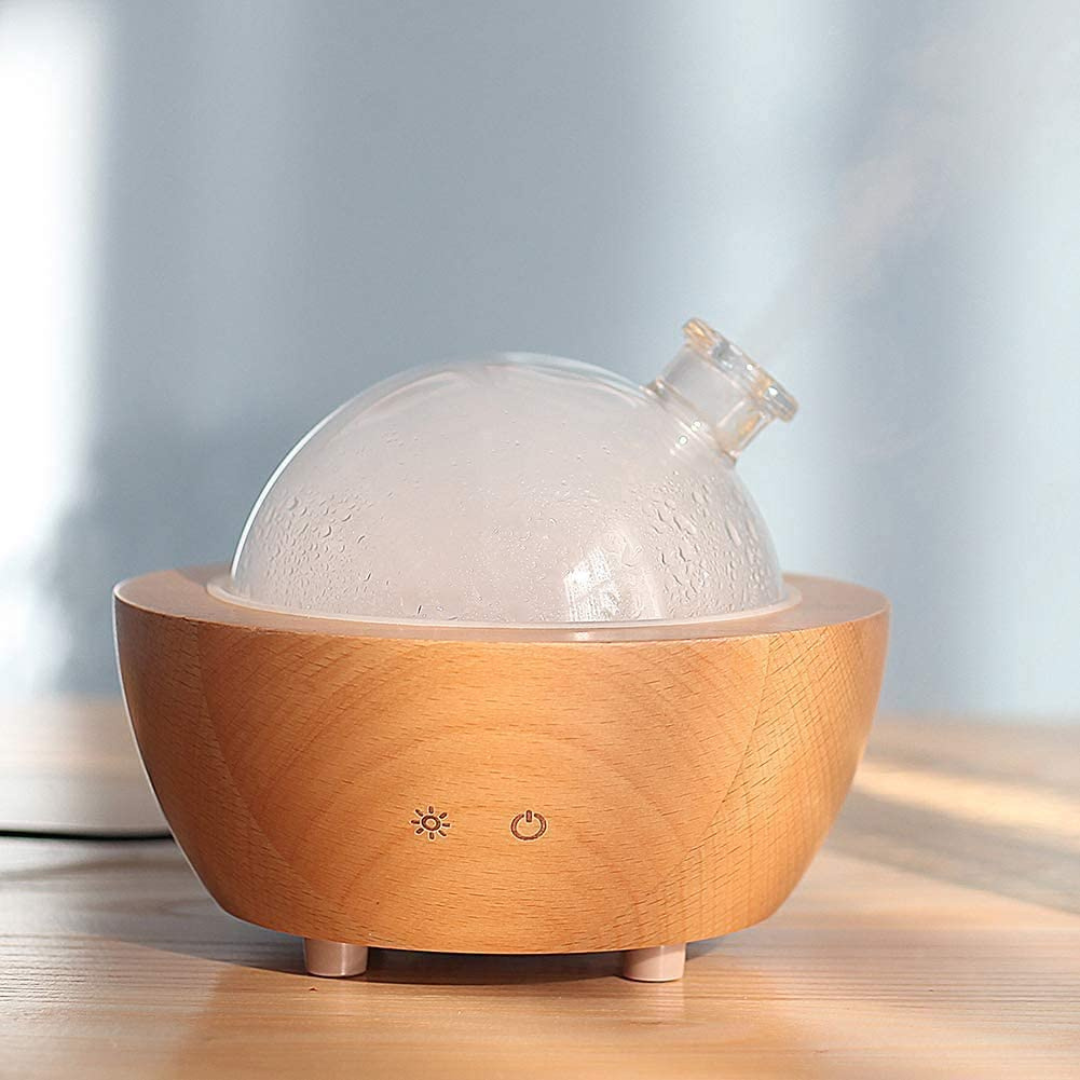|
|In previous articles, we have explored the mental health condition of depression and explored how a diagnosis of clinical depression can greatly differ from a general feeling of sadness, low energy, or just feeling really down in general. Depression can negatively impact many areas of a persons life and be difficult to overcome without support or treatment.
Some individuals experience the symptoms of depression throughout their lives that is resistant to treatment such as antidepressants or ongoing therapy which is known as Treatment Resistant Depression (TRD).
The focus of this article will first explore some possible causes for an individual to experience forms of depression that are more difficult to treat and overcome, and secondly consider innovative strategies to help lower symptoms and successfully treat this often debilitating mental health condition.
This article does not contain medical or therapeutic advice. If you, or someone you know, is concerned about your health or safety, speak with a local healthcare professional, or reach out to your local emergency service or hospital for immediate help.
What is Treatment Resistant Depression?
As with any mental health condition, the experience of depression can be different for each person, and for some individuals, despite efforts to reach out for support and try different types of traditional treatment such as psychotherapy or medication, the darkness of depression does not lift.
Treatment Resistant Depression (TRD) describes an individual who is: Diagnosed with depression and receiving treatment such as antidepressants or ongoing counselling but the symptoms of depression persist. In addition, some doctor diagnose TRD after an individual experiences depression that does not respond to two different antidepressants while other health professionals give a formal diagnoses only after an individual tries at least four different treatment methods. The research on the causes of TRD include:
Innovative Treatment Solutions
It may seem quite hopeless for an individual who has been diagnosed with depression and so far has not found treatment options that have been helpful to lift the fog of darkness they may be suffering through in their daily lives. Yet an individual may find this hope by exploring innovative treatment options.
Medication There are many different medication options available for the treatment of depression and it can take some time and trying different combinations of medication in order to find the course of treatment through medication that can successfully treat the symptoms of Treatment Resistant Depression. In particular, a doctor may prescribe a medication that is normally used for other mental or physical health concerns in addition to antidepressants. This is known as augmentation and the types of medications can include antipsychotics, mood stabilizers, anti-anxiety medications, thyroid hormone, or other medications. Electroconvulsive Therapy (ECT) This type of therapy has been used since the 1930's and is not without it's controversy. Yet despite these controversies, ECT has also been shown to be helpful in the case of major depression and with TRD in particular. Electroconvulsive Therapy works by sending electricity that is passed through the brain while a patient is sleeping, triggering a small, brief seizure. This causes changes in the brain that help to quickly reverse the symptoms of depression. For some individuals, significant relief from severe symptoms of depression can be seen over the course of several ECT treatments. As with any treatments, there can be side-effects of ECT including temporary experiences of confusion or memory loss. Repetitive Transcranial Magnetic Stimulation (rTMS) This type of treatment may be offered for individuals who do not experience symptom relief from ECT treatments. rTMS uses magnetic fields to stimulate nerve cells in the brain to treat the symptoms of depression. The electric currents that are generated through this treatment work to stimulate the nerve cells in the region of the brain involved in mood control and depression and can be particularly useful for treatment individuals who experience Treatment Resistant Depression. Vagus Nerve Stimulation (VNS) This type of innovative therapy is usually tried after ECT and rTMS have not been shown to be effective at treating the symptoms of depression. VNS works by stimulating a nerve with electrical impulses. Electrical signals from a device implanted in the patients chest are sent to a nerve in the neck known as the vagus nerve. These signals are further sent to the mood centers in the brain which help to improve the symptoms of depression.
TMS Health Solutions
A team of clinicians and staff who have dedicated our lives to research, education, and treating those with mental health conditions and who are passionate about helping those with Treatment-Resistant Depression while providing the most advanced therapies available, including Transcranial Magnetic Stimulation (TMS). Pin ItLifestyle Changes
In addition to speaking with a doctor and considering the aforementioned treatment options, it can also be important to consider lifestyle changes to ensure that other factors are not exacerbating the symptoms of depression and contributing to TRD.
Some lifestyle factors to consider include:
How do you incorporate healthy lifestyle changes into your life? Share in the comments! MENTAL HEALTH RESOURCE VAULTGreat!Check your email for instructions on how to access the Members Only Resource Vault. Additional Depression Resources
References: mayoclinic.org, webmd.com, psychiatrictimes.com, tmshealthsolutions.com
This article is a sponsored post. The links on this page may be embedded with affiliate links that I am compensated for at no additional cost to you. If you or someone you know is in crisis and need immediate support, please reach out to your local emergency service or crisis line.
9 Comments
5/6/2018 04:46:47 pm
Hi Amanda, thank you for your comment. I'm glad the information in this post was helpful. All the best!
Reply
5/1/2018 07:43:14 am
Important post and list of resources that can help. Great to see innovative solutions explained and included.
Reply
5/6/2018 04:48:10 pm
Hi Melissa! It was interesting for me to learn about all of the innovative treatment options available to help this condition and I'm glad I was able to share my findings with others.
Reply
Crystal
5/1/2018 06:19:15 pm
There is a history of depression in my family however I didn' know a lot of this. Very informative, thank you!
Reply
5/6/2018 04:48:44 pm
Hi Crystal, I hope this information helps you and your family. Take good care!
Reply
5/6/2018 04:50:00 pm
Hi Jamie! Thank you for sharing and I'm glad to hear that you have found treatment that has been helpful for you. All the best!
Reply
Fantastic article with important information. I have a loved one who suffers with TRD. we have been struggling for years. Any thoughts on how to get insurance to pay for some of these treatments? Also, how to get a depressed person to seek treatment when they don't feel like it helps them.
Reply
Your comment will be posted after it is approved.
Leave a Reply. |
Welcome to the blog!↓ That's me, Heather. :)
MENTAL HEALTH RESOURCE VAULTGreat!Check your email for instructions on how to access the Mental Health Resource Vault. Categories
All
Popular Posts// 25 Positive Mindset Quotes
// Self-Care Bullet Journal Spreads // 7 Ways Your Physical Health is Connected to Your Mental Health |
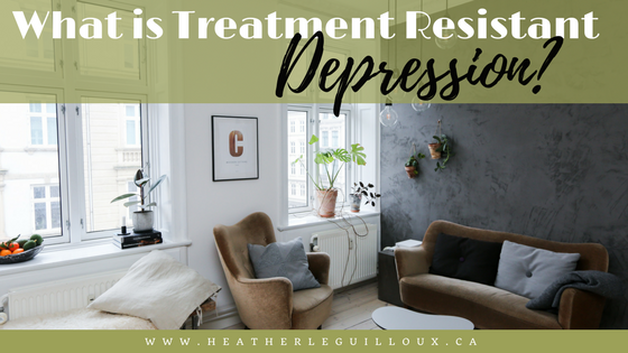
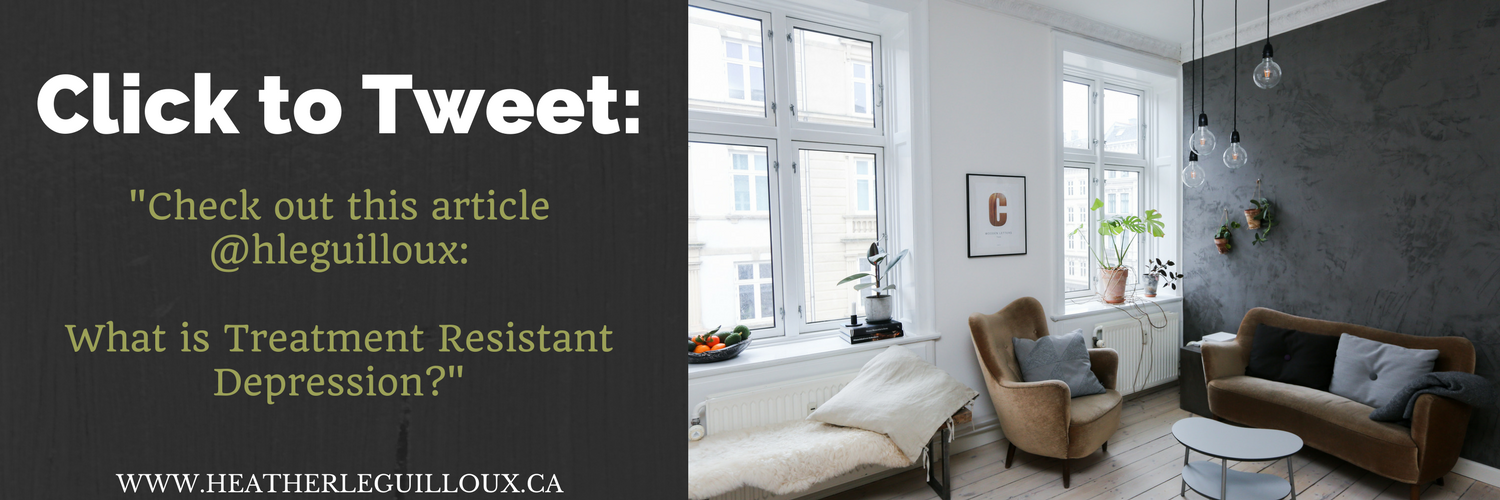
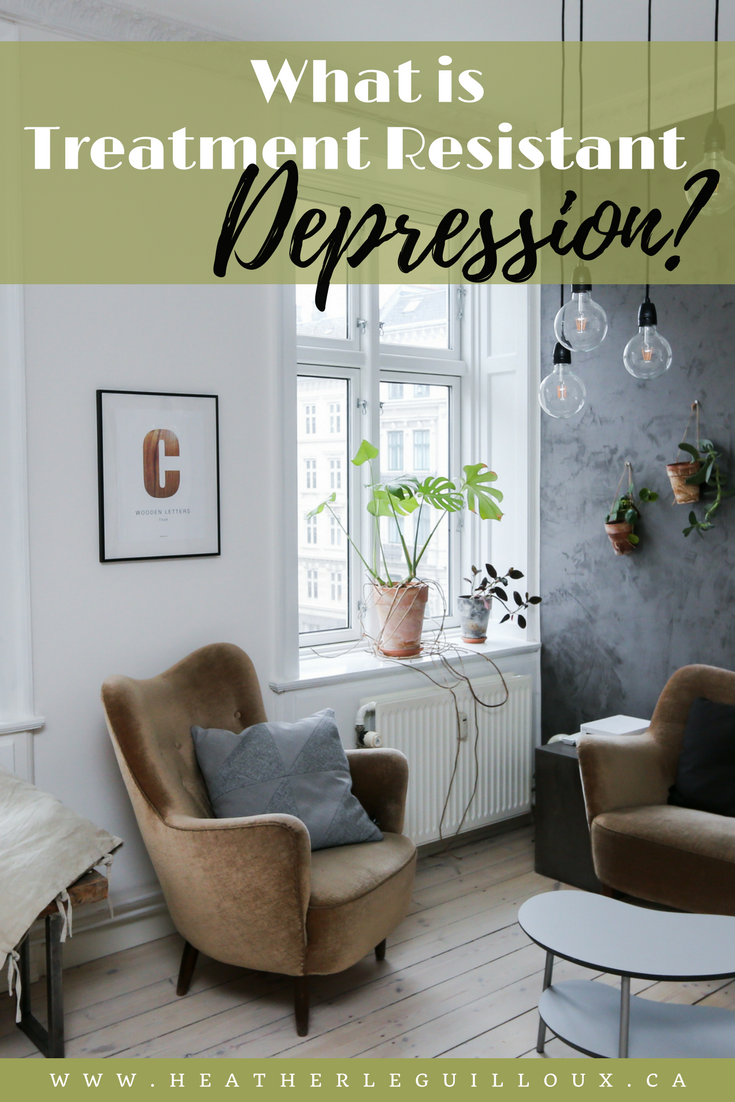



 RSS Feed
RSS Feed











